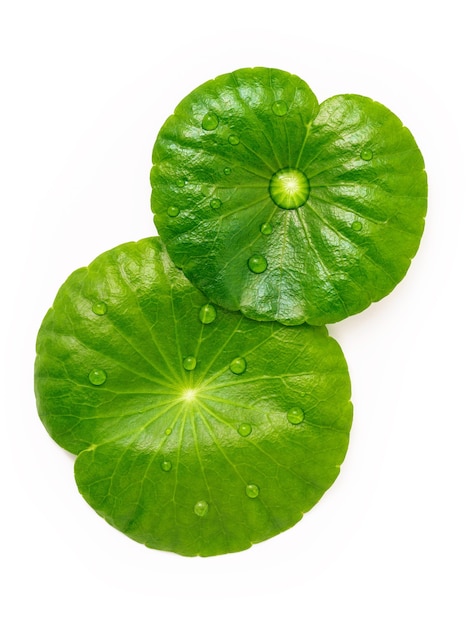Symptoms of Menopause and Perimenopause
Menopause and perimenopause come with a variety of symptoms, and each woman experiences a unique combination based on her hormonal makeup and lifestyle. A significant 85% of women report experiencing hot flashes within the first year or two of menopause. Additionally, up to half of these women continue to experience hot flashes regularly for years after menopause begins.
11 Remedies for Hot Flashes
Here are some natural remedies that can help balance your body and mind during this transitional period.
Black Cohosh
Black Cohosh is a plant commonly used in Europe to treat menopause and hot flashes. It may be as effective as pharmaceutical estrogen in providing relief from hot flashes and might also help prevent excessive sweating.
Flaxseed Oil
Flaxseed oil contains fatty acids that are believed to reduce menopausal symptoms. Flaxseed is rich in plant lignans, which are similar to estrogen and help maintain normal estrogen levels.
Evening Primrose Oil
Evening Primrose Oil is a general tonic for women’s reproductive health. It has a cooling effect on the skin and helps regulate estrogen production. Its high gamma-linolenic acid content and increased prostaglandin production can also aid in sleep.
Chickweed Tincture
Daily servings of Chickweed Tincture have been reported to reduce both the number and severity of hot flashes.
Red Clover
Red Clover contains high amounts of phytoestrogens known as isoflavones, which have been shown to help reduce the intensity and frequency of hot flashes.
Homeopathic Remedies
Homeopathic treatments for hot flashes include Ferrum phosphoricum (for reducing redness), Belladonna (for sporadic, rapid hot flashes), Sanguinarina (for hot flashes on the face, neck, and ears), and Kali Phosphoricum.
Other Western Herbs
Other herbs that support women during menopause include sarsaparilla, spearmint, licorice root, damiana, chasteberry, wild yams, motherwort, and red raspberry leaf.
Sage
Drinking a few cups of organic sage tea daily can help relieve hot flashes. Sage tea is available at most grocery stores or online. Besides hot flash relief, sage also aids digestion, infant diarrhea, and headaches.
Vitamin C
Bioflavonoids found in Vitamin C can help reduce the frequency of hot flashes. To get relief, consider eating more foods rich in Vitamin C.
Vitamin E
Antioxidants in Vitamin E play a significant role in reducing hot flash symptoms. To get relief, take the recommended serving of a Vitamin E supplement or eat more Vitamin E-rich foods.
Natural Progesterone Cream
Many women are estrogen dominant due to the amount of soy in foods. In most menopause cases, doctors prescribe more estrogen. Progesterone cream can help balance hormone levels and reduce hot flashes. If unsure, get your hormone levels tested by a natural healthcare provider.
Other Tips for Relieving Hot Flashes
In addition to the natural remedies listed above, consider these lifestyle tips to help alleviate hot flashes.
Avoid Synthetic Bedding and Clothing
Synthetic bedding and clothing can cause overheating, especially while sleeping. Unlike natural fibers like cotton and linen, synthetic fibers increase perspiration at night, a common time for hot flashes. Tight-fitting synthetic clothing, such as turtlenecks, can also aggravate hot flashes.
Stay Cool
Avoid prolonged exposure to direct sunlight and reduce the use of hot tubs, saunas, and hot showers. Drink cool water with cucumber and stay in well-ventilated, cool areas of your home. Small room fans can provide temporary relief from hot flashes.
Stop Smoking
Smoking has been linked to an increased occurrence of hot flashes in menopausal women.
Take Time to Unwind
Stress can increase the occurrence of hot flashes. Make time for yoga, breathing exercises, visualization, massage, acupuncture, chiropractic, biofeedback techniques, meditation, or other forms of stress relief. These activities can help ease heat in your body and mind.
Avoid Trigger Substances
Avoid alcohol, fried foods, spicy foods, caffeine, diet pills, and very hot foods, as they can increase acid and heat in the body. Foods that cause acid reflux should also be avoided.
Exercise Regularly
Daily exercise keeps you in shape and feeling young and healthy. A healthy body is better at balancing the hormones needed to prevent hot flashes. Try walking more throughout the day and engaging in simple cardio exercises. Weight training is also beneficial.
Cleanse Your Body
Regular body cleansing can help balance your organs and hormone levels. Consider performing a colon cleanse and liver detox at least once or twice a year to promote optimal health.

